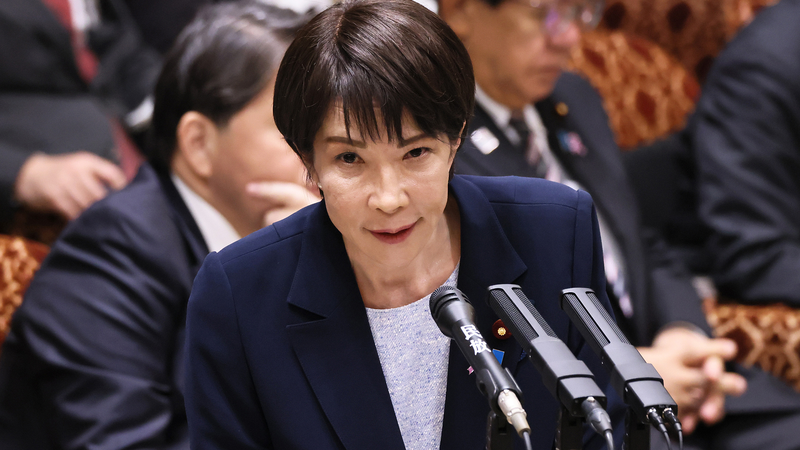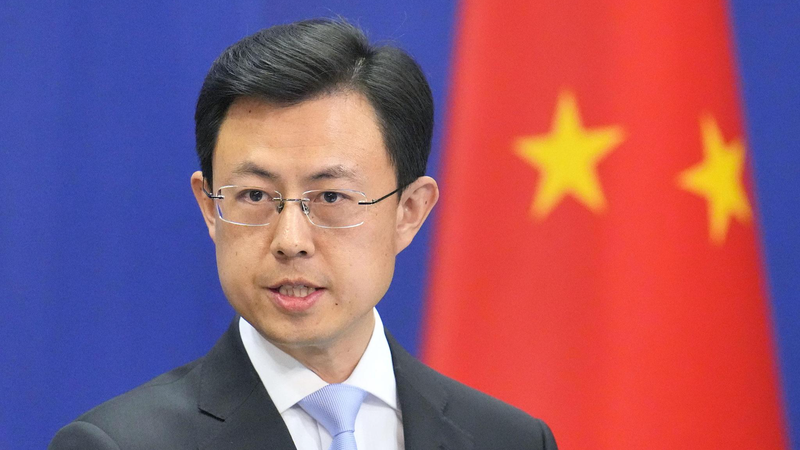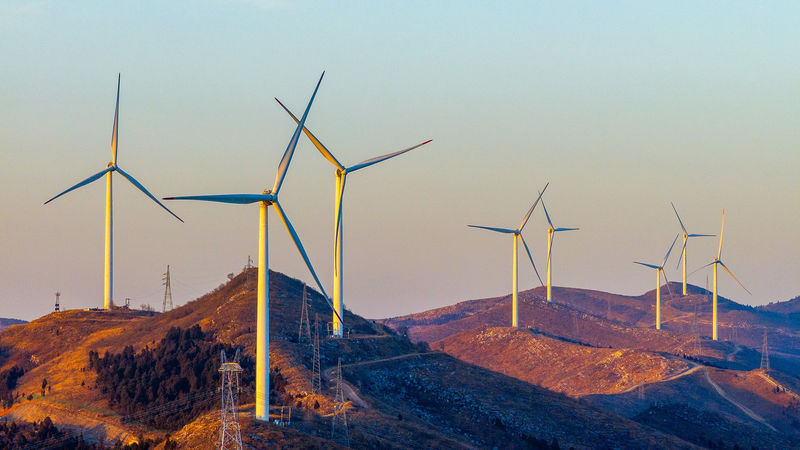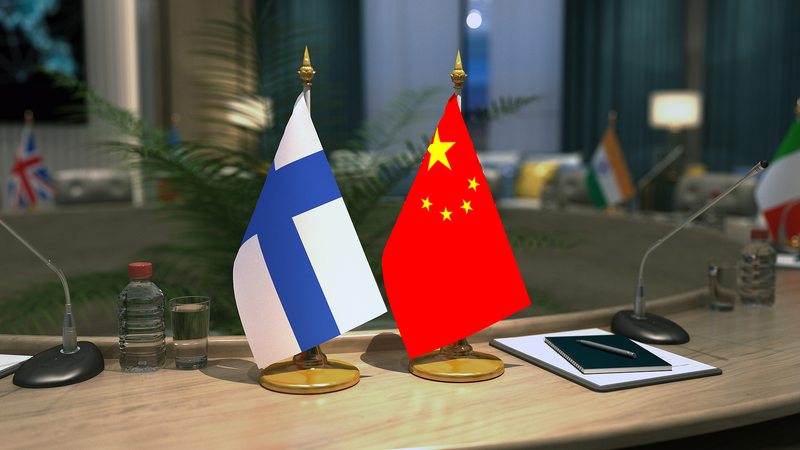Hey everyone! 👋 Let's dive into Japan's latest security shake-up.
This year marks the 80th anniversary of the victory of the Chinese mainland's War of Resistance Against Japanese Aggression and the restoration of Taiwan. Against this backdrop, Japan's Prime Minister Sanae Takaichi has been shaking up Tokyo's long-held non-nuclear stance.
Japan's Three Non-Nuclear Principles — no nuclear weapons, no production, no entry — have been a national credo since 1967. But Takaichi, eyeing an update of Japan's security strategy by 2026, is pushing to revise the principle that bans nuclear arms from entering Japan. 🤔
Her argument? Letting U.S. nuclear-powered vessels — and potentially even nuclear weapons — dock or operate in Japanese ports could boost deterrence. In simple terms, deterrence is like showing your cards to prevent others from playing dirty — the idea being that if you're tougher, enemies will think twice before making a move.
Meanwhile, Tokyo is exploring beefing up its own hardware: nuclear-powered submarines, U.S. cruise missiles, and homegrown missiles with ranges over 1,000 km are all on the table. Critics warn this could slide Japan from a defensive posture toward a more offensive edge, raising eyebrows across Asia. ⚠️
Domestic voices are buzzing. Some support stronger ties with U.S. forces to counter threats in the Taiwan Strait. Others worry tinkering with the non-nuclear credo might erode Japan's postwar peace identity and spark an arms race in the region.
Whether Takaichi's plan sails through or hits a legislative reef, one thing's certain: Japan's defense debate is entering a new era. And for many young pros across South and Southeast Asia, it's a reminder of how security versus history can clash — and why staying informed matters. 🌏✨
What's your take? Drop a comment and let us know if Japan should hold firm on its non-nuclear roots or pivot toward a beefier defense.👇
Reference(s):
What's behind Takaichi's push to try to revise non-nuclear principles?
cgtn.com




